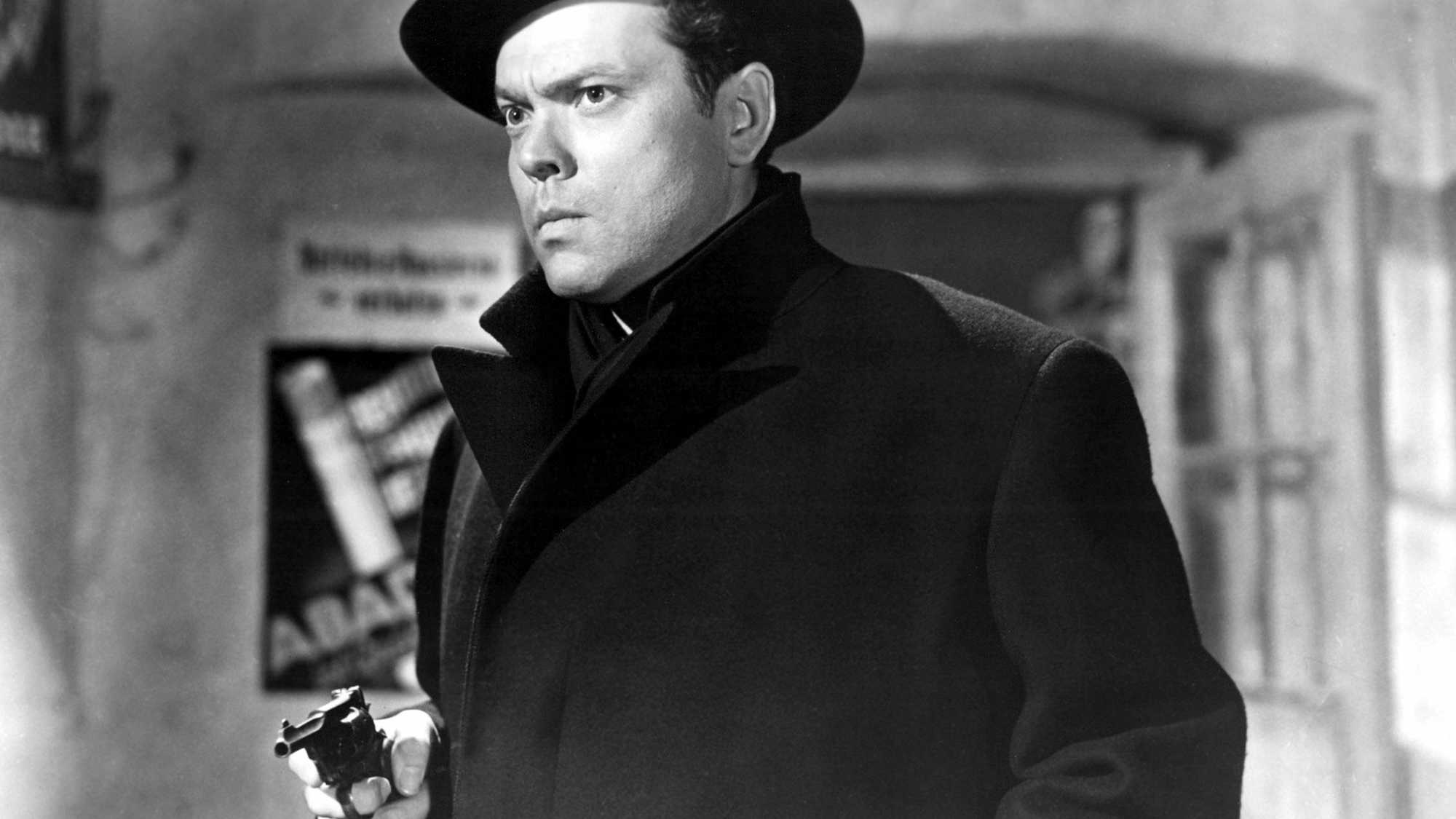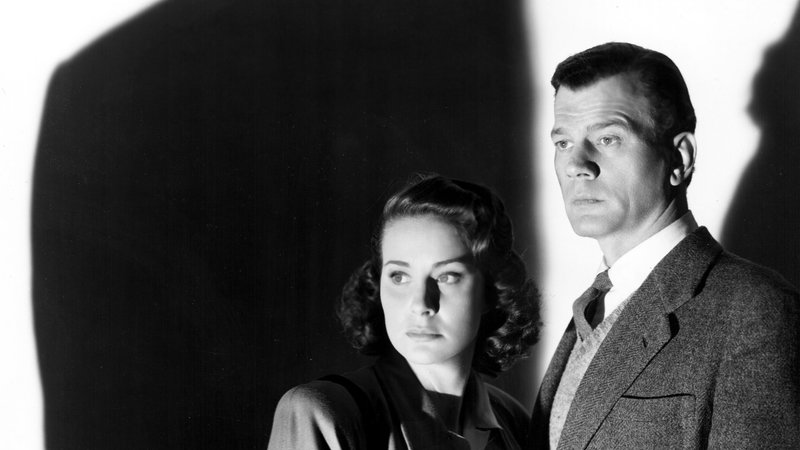"Of all the movies I have seen, this one most completely embodies the romance of going to the movies." — Roger Ebert


Ranked first in the British Film Institute’s wide-reaching, end-of-century survey of British cinema, The Third Man is film noir with rare pedigree.
The Third Man 1949
Ranked first in the British Film Institute’s wide-reaching, end-of-century survey of British cinema, The Third Man is film noir with rare pedigree: director Carol Reed and actor Orson Welles bring sinister flamboyance to novelist Graham Greene’s literate, perfectly structured thriller script. The setting is devastated post-war Vienna, where American pulp writer Holly Martins (Joseph Cotten) has been summoned by his old school friend Harry Lime (Welles). But Harry, it seems, is no longer alive. With a sceptical British Army major (Trevor Howard) and a mysterious actress suggesting possible lines of enquiry, Martins is lured into a criminal underworld of macabre decadence.
“Central to the movie’s legend is the amoral ebullience given off by its fourth-billed player, Orson Welles. But what is just as crucial, if not more so, is Reed’s inspired collaboration with Joseph Cotten, his star… It was Reed – the epitome of filmmaker as selfless storyteller – who produced as well as directed this apex of the thinking man’s thriller, in the middle of a five-year streak that also gave us Odd Man Out (1947), The Fallen Idol (1948), and An Outcast of Islands (1951). And for all the allure of Welles’s magnetically flamboyant Lime – and of Alida Valli as his lover, forever loyal to him – it was Cotten, as Holly Martins, who came up with the portrayal of American mulishness that supplies the film with its prodigious kick.
“Graham Greene, not Welles, wrote almost every word of the film’s barbed, sophisticated script… But in the end it was Reed who had to balance heaps of atmosphere on the slender plot of the pulp writer Martins arriving in Vienna to meet his buddy Lime, only to be told that Lime has been accidentally killed after living the life of a ruthless racketeer. It was Reed who conjured a distinctive adult ambience out of dry doomsday humour and erotic melancholy…
“In many ways Welles fits Lime’s description in Greene’s published novella… Yet with Welles in the role, Lime is more beguiling than the curdled English public school hero Greene had envisioned; he’s a bouncing American boy who sees the world as a source of plunder… For adolescents, the suave omniscience of a Lime can be irresistible, no matter how foul his deeds. But adults who’ve managed to balance their fantasty lives with real ones will be drawn to Martins, with his amorous sloppiness and his awkward efforts to do good. And, of course, the film’s ambivalence toward a corrupt, divided Europe and both of these American interlopers is as relevant – and chilling – as ever.” — Michael Sragow, NY Times, 7/99